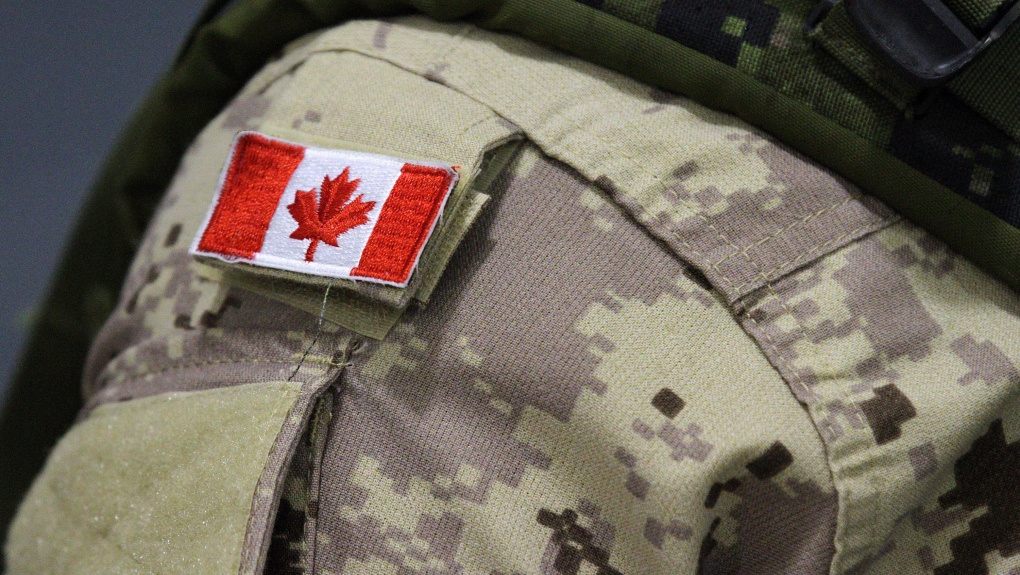Every preceding generation has probably whined disparagingly about the ones that followed. My brother spent his career in the hospitality industry and, at one point about 25 years ago (so, pre-dating the current entry workforce cohort) oversaw a chain of restaurants in the GTA. What drove managers nuts was the unreliability of the staff. So long as rent and groceries were covered, if a quick cheap vacation, concert or some other immediate gratification came up, they simply didn't show and never seen again. The money wasn't good enough for any kind of loyalty and they knew they could get same job some place else. I'm sure that was, and perhaps still is, reflective of a downtown urban youth demographic. It is unfair and unrealistic to paint an entire swath with the same brush, but they are a large and growing segment.
I agree that the demographic number show that the applicant pool is much smaller than previous cycles, so it's a 'seeker's market'. From outside looking in, law enforcement doesn't seem to have a significant turn-over rate. The money is good and I suppose once you get into a family and mortgage you tend to be more stable.
I have noticed that younger members (granted, a relative statement) tend to be less deferential to authority, which reflects a general social attitude, but I find it interesting that they get quite pissy when others don't respect their authority. I think in ye olden days, we often exercised our authority in a more nuanced manner.
Everyone wants to be consulted, and respected. It seems everyone expects their opinion and viewpoint to be acknowledged. Consultive leadership might be okay on a normal day-to-day basis when there is little at stake except the task at hand. It can't work in an operational setting when the poo hits the fan. The challenge is to create a workforce that understands the difference and can make the shift. It's not deferring to authority as much as it is understand roles, responsibilities and accountabilities. I've seen done well and I've seen done very poorly and I can only imagine in the military the potential stakes are that much higher. Good leadership also requires good followership.





